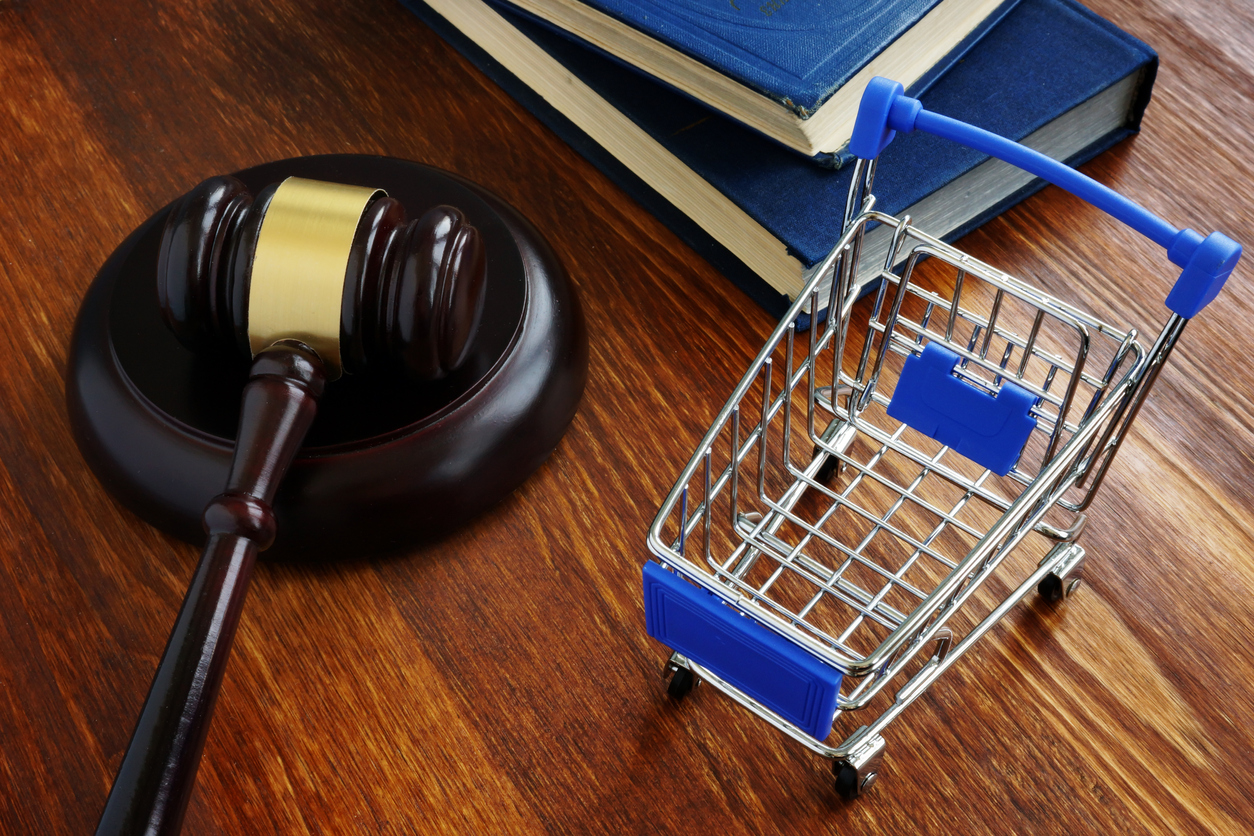Categoria: Dispute resolution
-

ELECTRONIC MAIL MESSAGE (ORDINARY E-MAIL) AND THE VALUE OF THE NEGOTIATING STATEMENT CONTAINED THEREIN: THE COURT OF CASSATION PROVIDES CLARITY.
A simple e-mail message, unless accompanied by a digitally signed statement, does not have the force of a private contract under Article 2702 of the Civil Code. Generic expressions of consent or acceptance of a proposal do not constitute a writing within the meaning of Articles 1350 and 1351 Civil Code. In Judgment No. 22012…
-

PRIVACY AUTHORITY V. BOCCONI: THE SUPREME COURT DECIDES.
With the ruling published on 13 May 2024 no. 12967, the first civil section of the Court of Cassation ruled on the use of artificial intelligence systems: the use of technology for the supervision of exams must be accompanied by a rigorous assessment of the impact on data protection and documented and accessible security measures.…
-

IMAGE PROTECTION AND FREEDOM OF THE PRESS: WHICH ONE PREVAILS?
Freedom of the press may be called into question when, to report a news item of public interest , a newspaper publishes the image of a private individual. A photograph that, for example, depicts all or part of a person’s face may be censored and subject to claims for damages by the person concerned if…
-

LEGAL INTEREST OR SUPER-INTEREST? AN INTERESTING DECISION!
The Joint Sections of the Court of Cassation clarify the prerequisites and conditions to enforce the payment of the so-called super-interest provided for in the fourth paragraph of art. 1284 of the Italian civil code. Art. 1284 of the Italian Civil Code establishes that: 1. The statutory interest rate is set at 5% per annum.…
-

DONATIONS OF MODEST VALUE: IS A BANK TRANSFER ENOUGH?
The Court of Verona has recently expressed its opinion on the prerequisites of donations of modest value, coining a principle with undoubtedly important practical implications: under certain conditions, a simple bank transfer without a reason may suffice to integrate a donation albeit in the absence of a public deed pursuant to Article 782 of the…
-

EUROPEAN COURT OF JUSTICE CLARIFIES WHAT ARE MOTOR VEHICLES MANUFACTURERS’ OBLIGATIONS WITH REGARD TO THE ACCESS TO TECHNICAL INFORMATION FOR INDEPENDENT OPERATORS.
With a ruling rendered on Oct. the 5th, 2023, the European Court of Justice (Eighth Chamber) once again was called to clarify the scope of Article 61 of Regulation (EU) 2018/858 of the European Parliament and of the Council of May the 30th, 2018 on motor vehicles Manufacturer’s Obligations to Provide Independent Repairers with Vehicle…
-

SPECIAL POWER OF ATTORNEY FOR CASSATION JUDGMENTS: WE’RE FINALLY GETTING DOWN TO BUSINESS!
With judgment nos. 2075 and 2077 of 19 January 2024, the United Sections of the Supreme Court of Cassation clarified that the issue of a special power of attorney for litigation in proceedings of legitimacy, when authenticated by lawyers, does not require the spatial and temporal simultaneity of the assisted party’s signature with the drafting,…
-

THE CONSTITUTIONAL COURT BROADENS THE APPLICATION OF THE PREVENTIVE COURT-APPOINTED TECHNICAL CONSULTANCY.
Preventive Court-appointed technical consultancy, provided for in article 696-bis of the Code of Civil Procedure, is a simplified procedure designed to facilitate settlement agreements between the parties, at a stage preceding the contentious phase of ordinary proceedings, in cases where the dispute has technical aspects which must be clarified by an impartial expert in a contradictory…
-

ON THE HEDGING OF OTC DERIVATIVES: THE “COMPOSITE PURPOSE OF THE TRANSACTION“.
By judgment no. 12 of 24 January 2024, the First Central Division of the Court of Accounts, in fully confirming the first instance judgment (Court of Accounts no. 2/2022), declared the lack of jurisdiction over the banks involved in the case in question and the compliance of the derivatives transaction carried out by the Region…
-

CONSUMER CODE AND DEFECTIVE PRODUCT DAMAGE: IF THE PLAINTIFF IS A CORPORATION WHAT RULES APPLY?
The Court of Appeal of Milan, in a very recent ruling on the subject of product liability, reiterated the principle according to which the Consumer Code does not apply if the person invoking consumer protection has suffered the damage in the exercise of an economic activity. In Judgment No. 576 published on February the 27th…